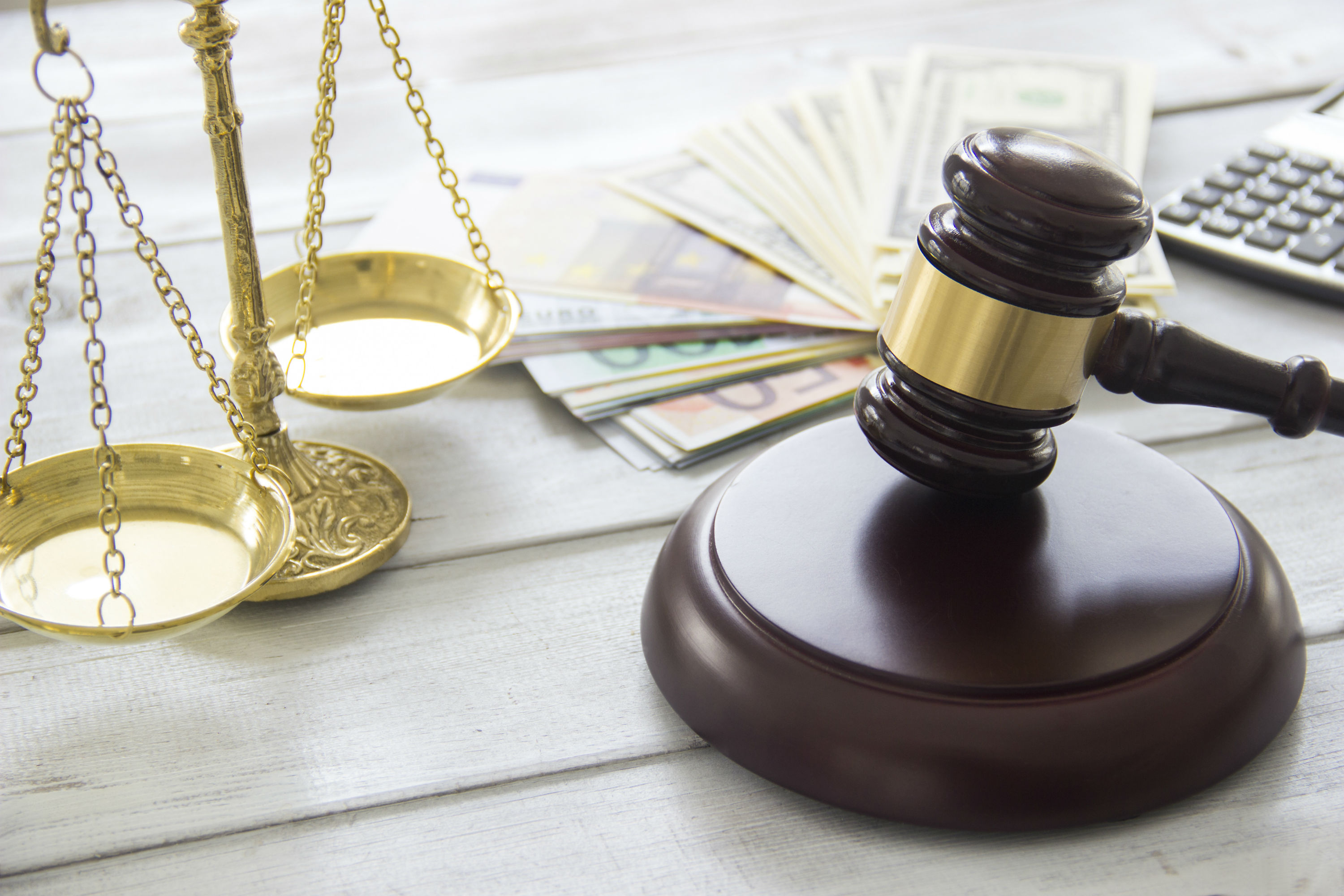Millions of people are currently suffering through wage garnishment. This is something that happens when a creditor is owed money and legally forces a borrower to pay. Wage garnishment can ruin a person’s life and make it extremely difficult to get by. Sometimes, the only way to stop wage garnishment is to file for bankruptcy. Next, we will discuss exactly how bankruptcy can stop your wages from being taken from you.
One of the first things bankruptcy will do is establish an automatic stay. When money is owed to creditors, some creditors will stop at nothing to encourage a person to pay. An automatic stay protects you from aggressive and persistent debt collectors. Once you file for bankruptcy, collectors are legally required to avoid contacting you. Filing for bankruptcy also stops your wages from being taken from you.
If you’re filing for bankruptcy, you need a discharge in order to stay protected. A discharge will stop wage garnishment attempts from your creditors. Courts will include a discharge in their decision to allow you to keep your wages. However, in some cases courts will dismiss a case without issuing a discharge. If this happens, it means that your creditors will still have a legal right to garnish your wages to receive the money that they’re owed.
In some cases, filing for bankruptcy will not only stop your wages from being garnished, but it might help you get your money back. Unfortunately, there’s a limit as to how much money you’re allowed to receive. By working with an attorney, you should be able to get back any wages within the three-month period leading up to your bankruptcy filings. Still, there are certain requirements you must meet before any money is returned to you.
These are just a few of the things bankruptcy can do to help protect your wages. Again, an automatic stay will be established as soon as your bankruptcy is filed. If a creditor attempts to collect from you after you’ve filed for bankruptcy, you may have the right to take legal action against them. When your bankruptcy case is dismissed, make sure that a discharge was included. If a discharge was included in the dismissal, you may be able to get back money that’s been taken from you.
Visit website for further details.
